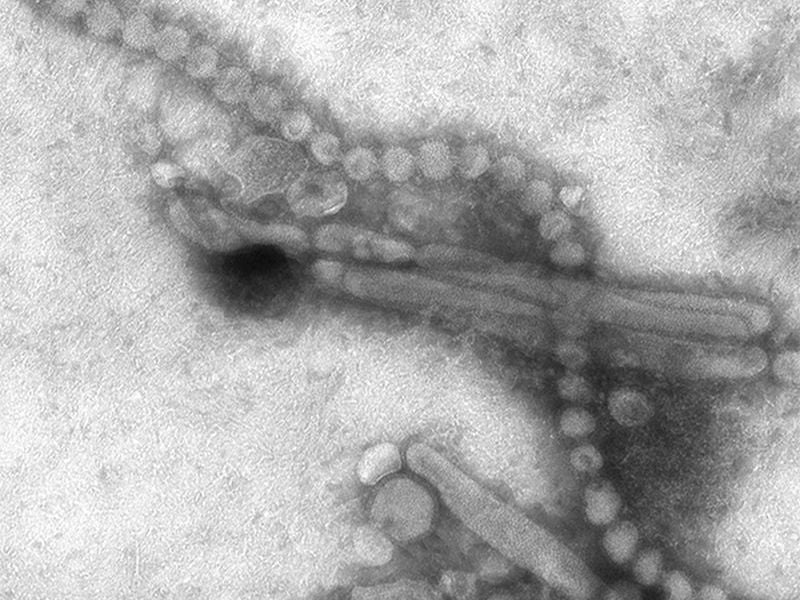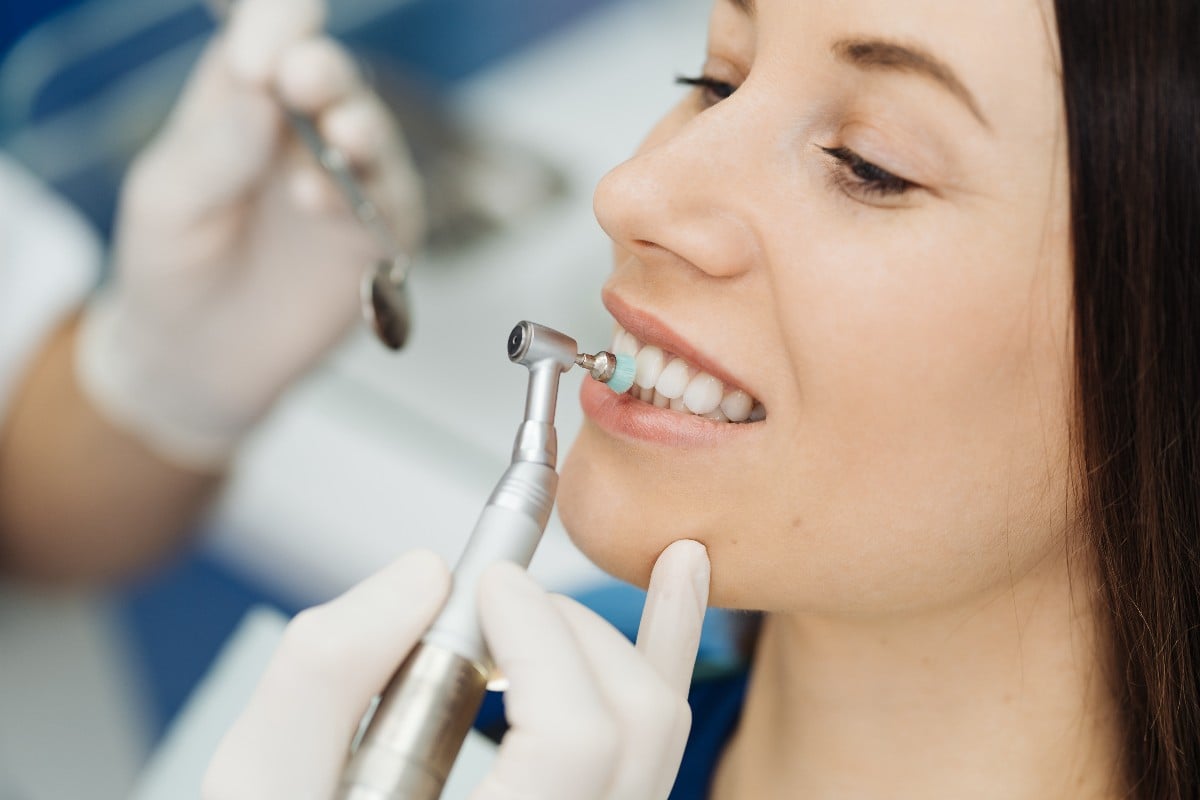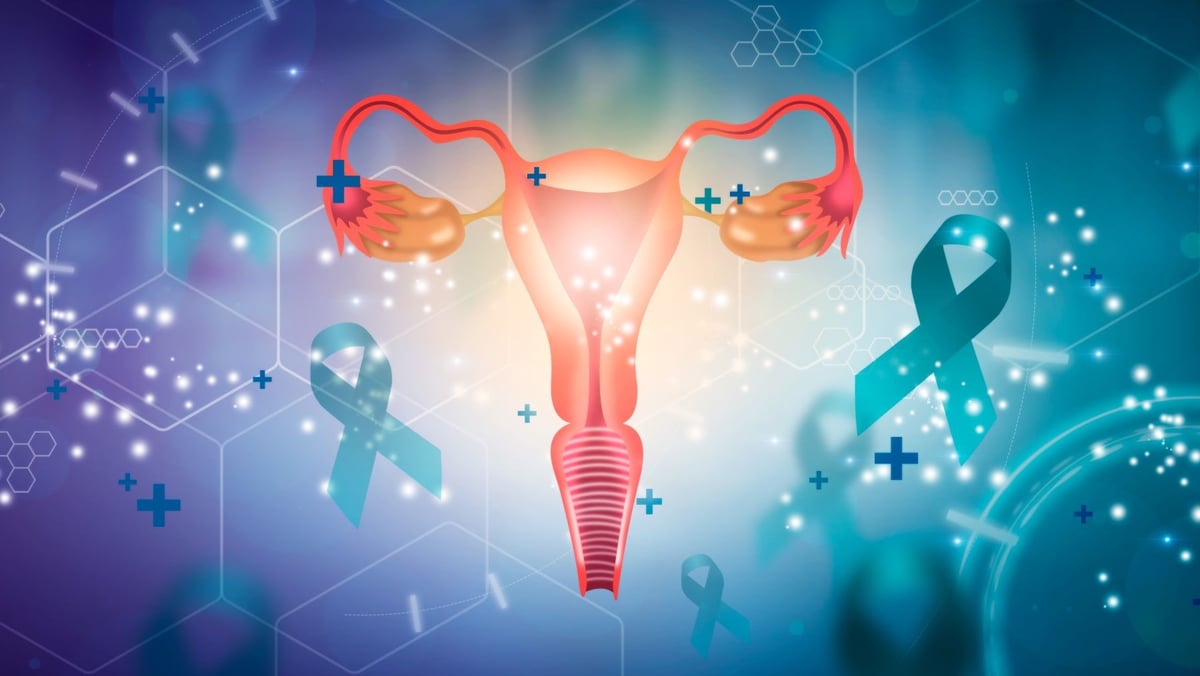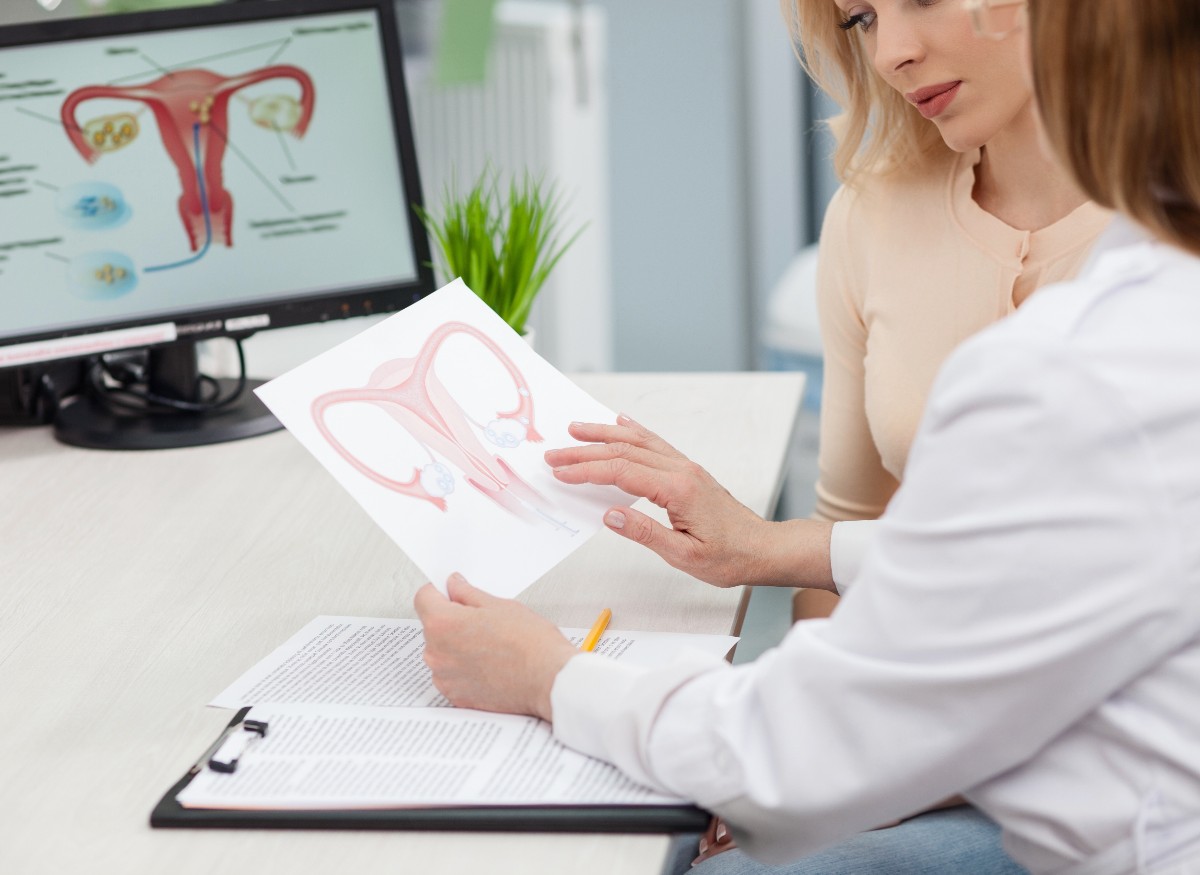
Daily supplements can slow loss of vision related to late-stage “dry” age-related macular degeneration (AMD), a new study finds. The rate of dry AMD progression into a key eye region slowed by about 55% over an average three years for late-stage patients who took a daily blend of antioxidants and minerals, researchers reported July 16… read on > read on >










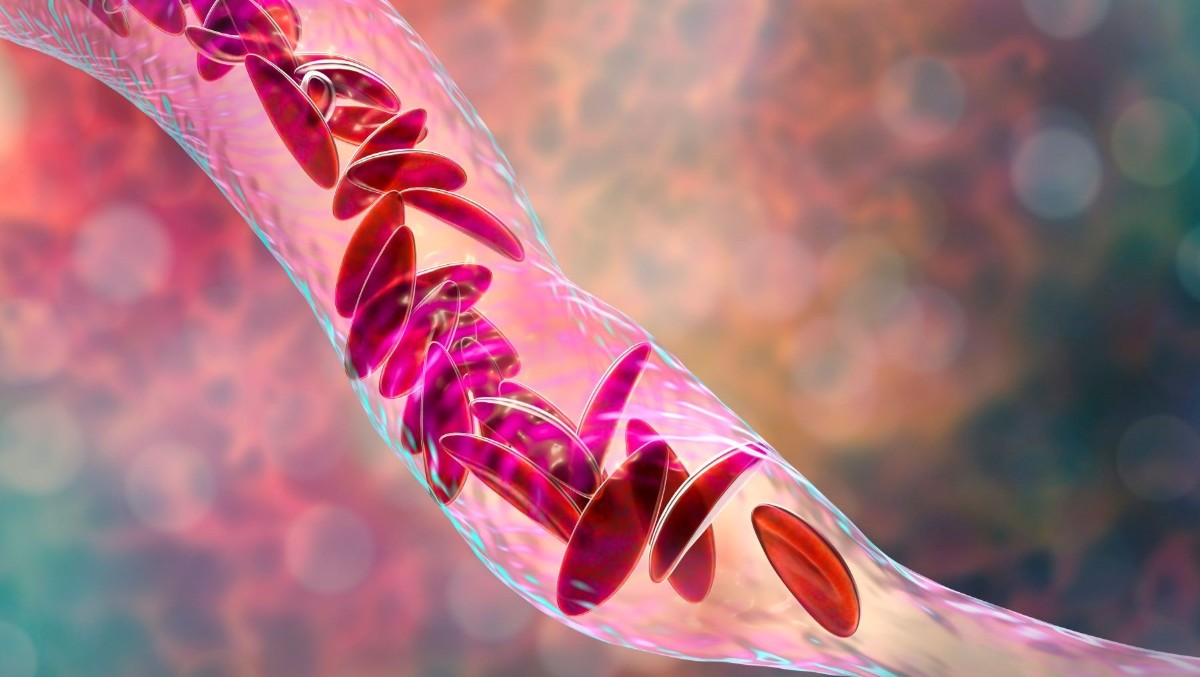
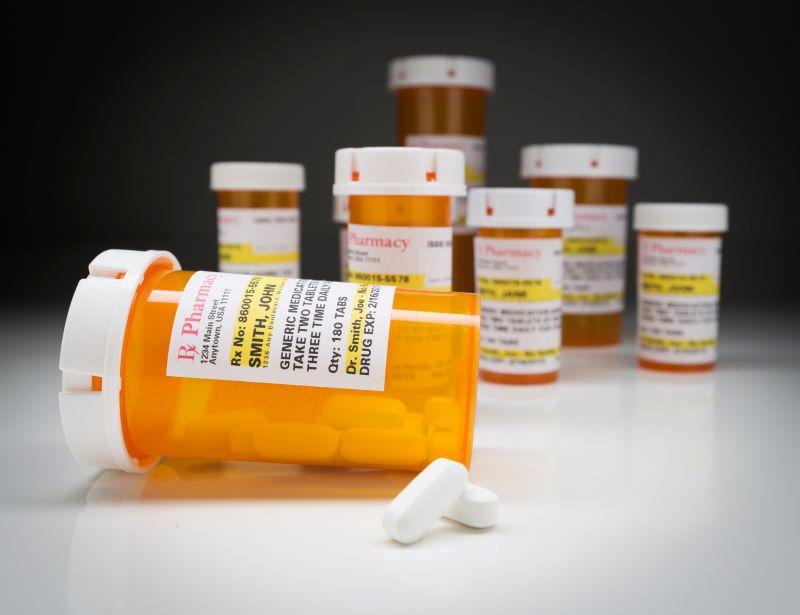
.jpeg)

